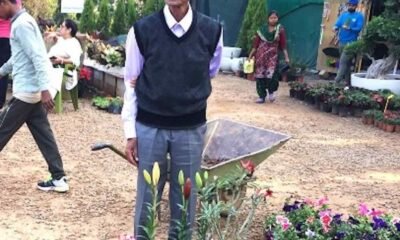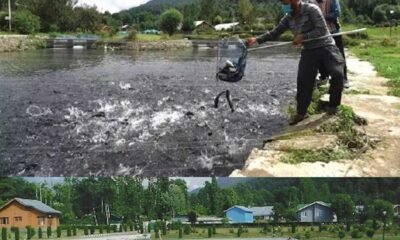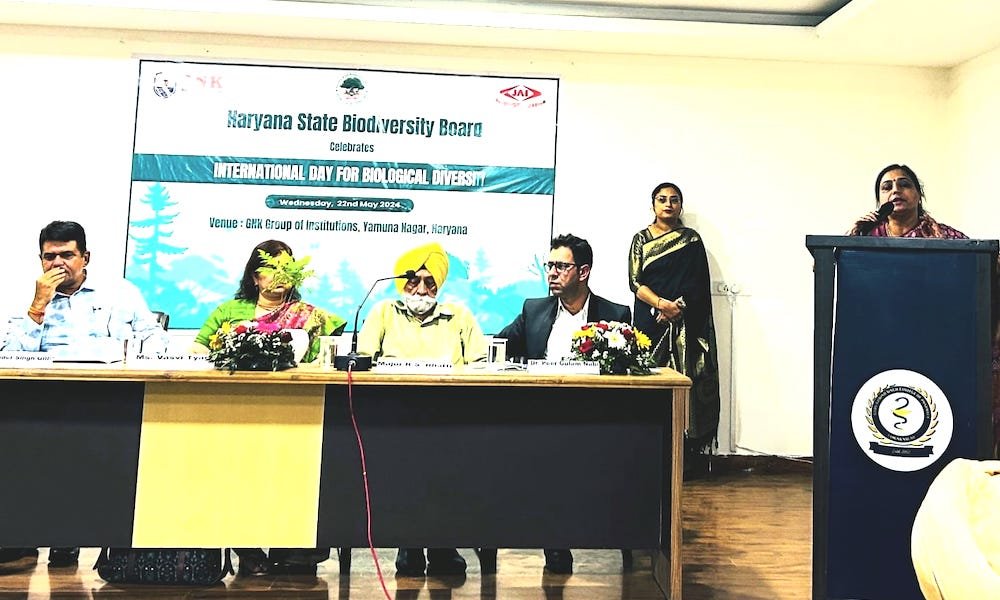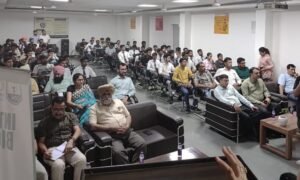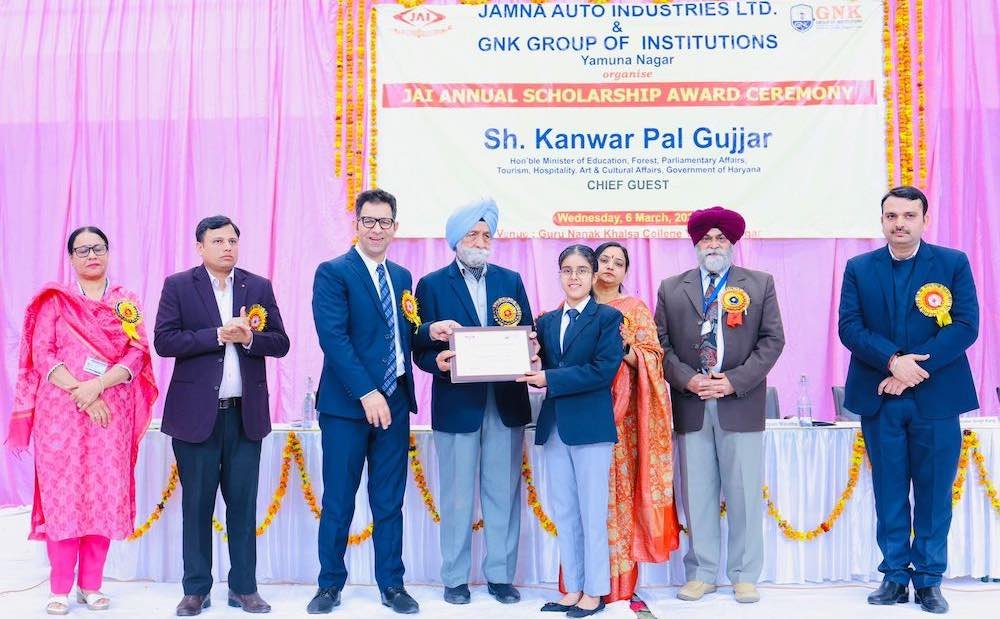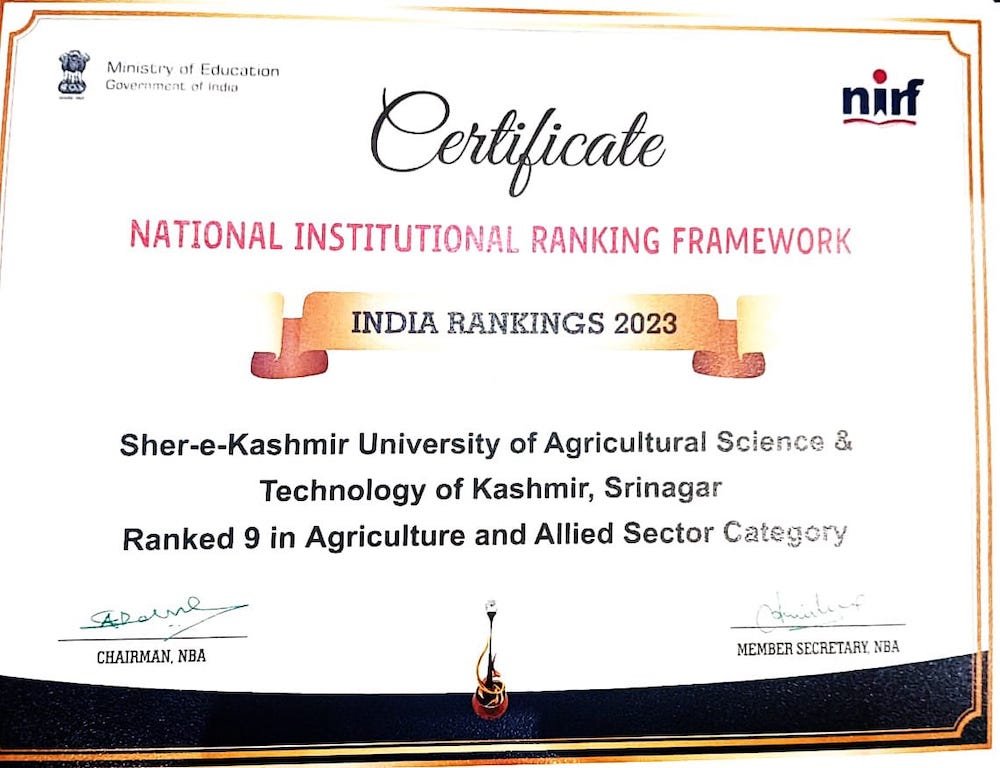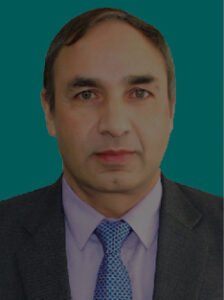Varsity creating its unique path in modern agri-education: Former VC Prof Tej Pratap
Srinagar, Feb 19: Sher-e-Kashmir University of Agricultural Sciences and Technology of Kashmir organised a seminar on ‘Implementation of National Education Policy (NEP) 2020 by Agricultural Institutions’ for deans, directors, HODs, professors and other officers of the university.
Vice Chancellor, GB Pant University of Agriculture and Technology Pantnagar, Prof Tej Pratap, and Vice Chancellor, SKUAST-K, Prof Nazir Ahmad Ganai, conducted the workshop to acquaint the SKUAST-K academics and office bearers with the various objectives and implementation process of NEP-20 by the agricultural institutions.
Prof Pratap, who is also chairman of the Indian Council of Agricultural Research (ICAR) committee set up for the implementation of NEP-20 in agricultural universities and heads the 6th Deans Committee for modification of farm education curriculums as per the new education policy, gave a detailed overview on the changing role and preparedness of agricultural institutions into multidisciplinary professional and skill universities as envisioned in the NEP-20.
He said the courses offered by agriculture varsities will have a more flexible structure and will be encouraged to become inter-disciplinary with flexibility in choosing vocational courses as the ICAR is working to bring agricultural education in line with the vision of the new policy unveiled by the Centre.
While preparing the students for creativity, critical thinking and conflict of perceptions, Prof Pratap said, NEP aims to enhance student employability by equipping them with different skills to overcome the challenge of unemployment.
Prof Tej Pratap, who also served as the vice-chancellor of SKUAST-K from 2010 to 2015, while complementing the university for its overall development over the years, said he is happy to see the university growing in each aspect of agricultural education, be it research, extension, academics, or innovations.
After listening to Vice Chancellor Prof Ganai about the SKUAST-K’s institutional development plan and its vision related to the implementation of NEP-20, Prof Tej Pratap said, “There are very few institutions in the country, who are at the level of thinking for creating its own path, the way SKUAST-K has envisioned its unique path in modern agri-education. This is beyond NEP. And this is the way forward.”
Prof Ganai gave a detailed overview of the varsity’s institutional development plan for making SKUAST-K a preferred Agri-Education destination and to develop a model education system to generate the next-gen graduates who will steer technology-driven agriculture in J&K and the country.
Drawing parallelism between NEP and the IDP of SKUAST-K, the vice chancellor said the university under the NAHEP had embarked on a mission to create an inspiring ecosystem for outcome-based learning to foster creativity, innovation and entrepreneurial aptitude.
Prof Ganai said SKUAST-K has already got approval for establishing the innovation and entrepreneurship centre and AI&ML Centre for fostering startups and tech-based solutions for agriculture.
Besides scientists and scholars, all the directors, deans HoDs, professors and adminstrative officers of the varsity attended the seminar.

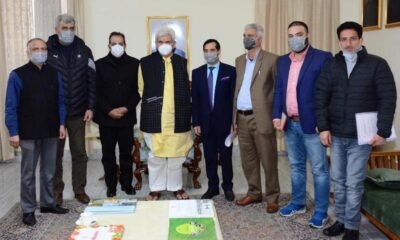

 Industry3 years ago
Industry3 years ago
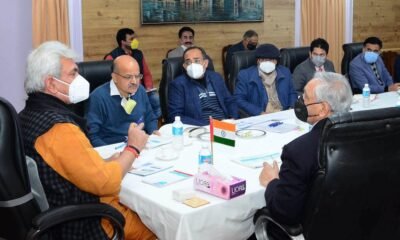

 Energy3 years ago
Energy3 years ago


 Economy1 year ago
Economy1 year ago
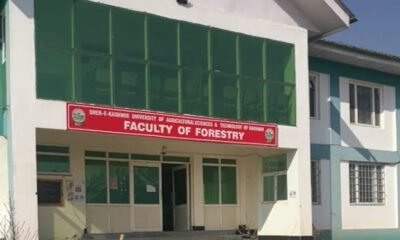

 Infra3 years ago
Infra3 years ago
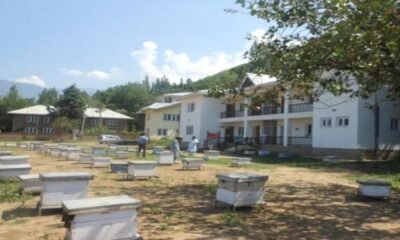

 AgriBiz3 years ago
AgriBiz3 years ago
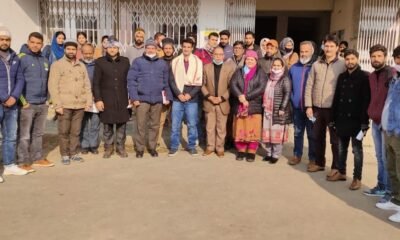

 Careers4 years ago
Careers4 years ago
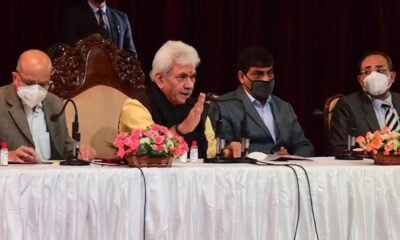

 Economy4 years ago
Economy4 years ago


 Industry4 years ago
Industry4 years ago


